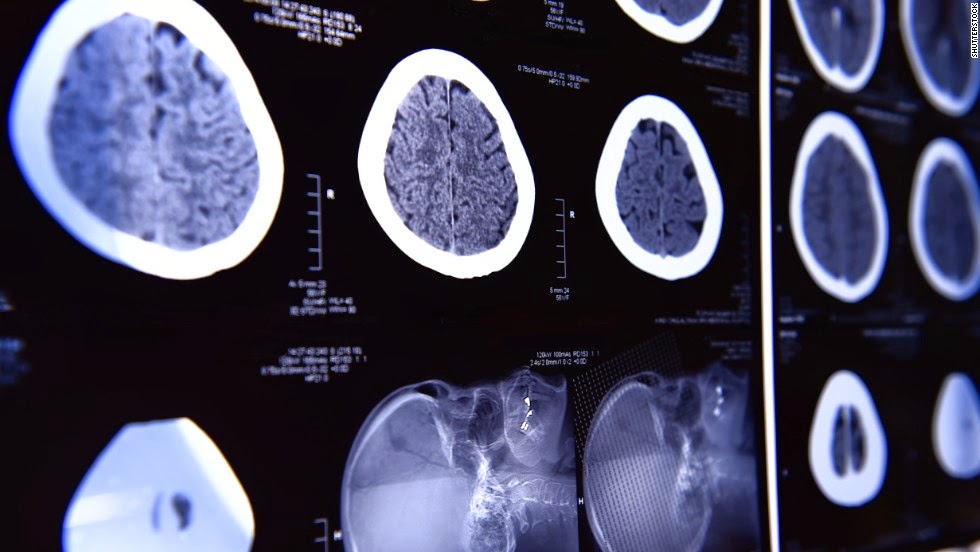CDC: 6% of Teens take Psychotopic Medications Versus 58% in Developmental Disabilities
 | ||
| PBS may substitute for Psychoactive medications overuse |
Challenging behaviors are means to communicate needs and wants. It is important for caregivers and professional support staff to understand the non-verbal communication when it occurs. Challenging behaviors are used to communicate needs and in many instances are symptoms of underlying medical and psychosocial needs. Psychotropic medications are frequently used to treat undesirable behaviors in persons with developmental disabilities. Successful use of these drugs is dependent on accurate assessment of the psychiatric disorder or behavioral problem.
Working with children who have developmental disorders is challenging. Besides having physical deficits, or intellectual deficits, or both, these children are at high risk for developing psychiatric disorders.
 |
| Psychoactive med overuse is Chemical Restraints |
Justification for use of psychoactive medications must be based on a diagnosis of a psychiatric disorder. Symptomatic treatment often result in overmedication and misuse.
Overuse and misuse of psychotropic medications are considered Chemical Restraint and Bad Practice. The cost to Medicaid is prohibitive. Health care costs for the 4.9% of
the Medicaid population with ID account for 15.7% of total
Medicaid expenditures.Usual Side-effects/Complications of Psychotropic Medications include but not limited to:
- Drowsiness
- Dizziness when changing positions
- Blurred vision
- Rapid heartbeat
- Sensitivity to the sun
- Skin rashes
- Menstrual problems for women.
- Rigidity
- Persistent muscle spasms
- Tremors
- Restlessness.



Comments
Post a Comment